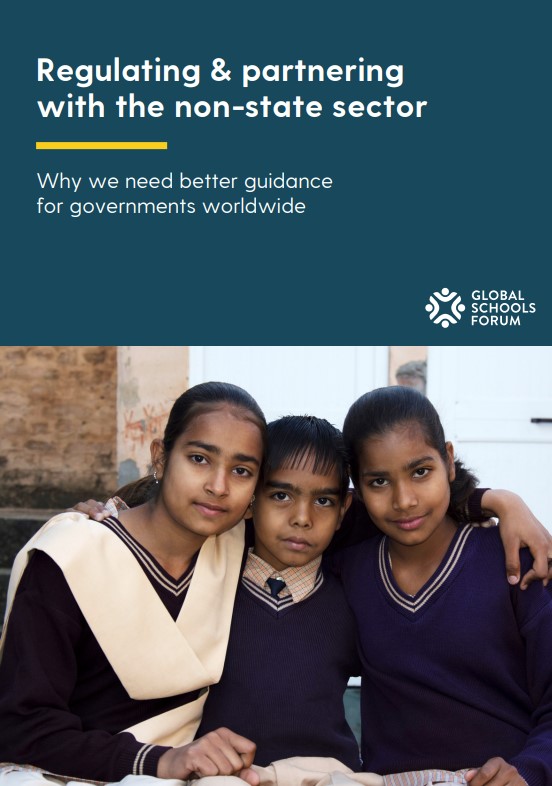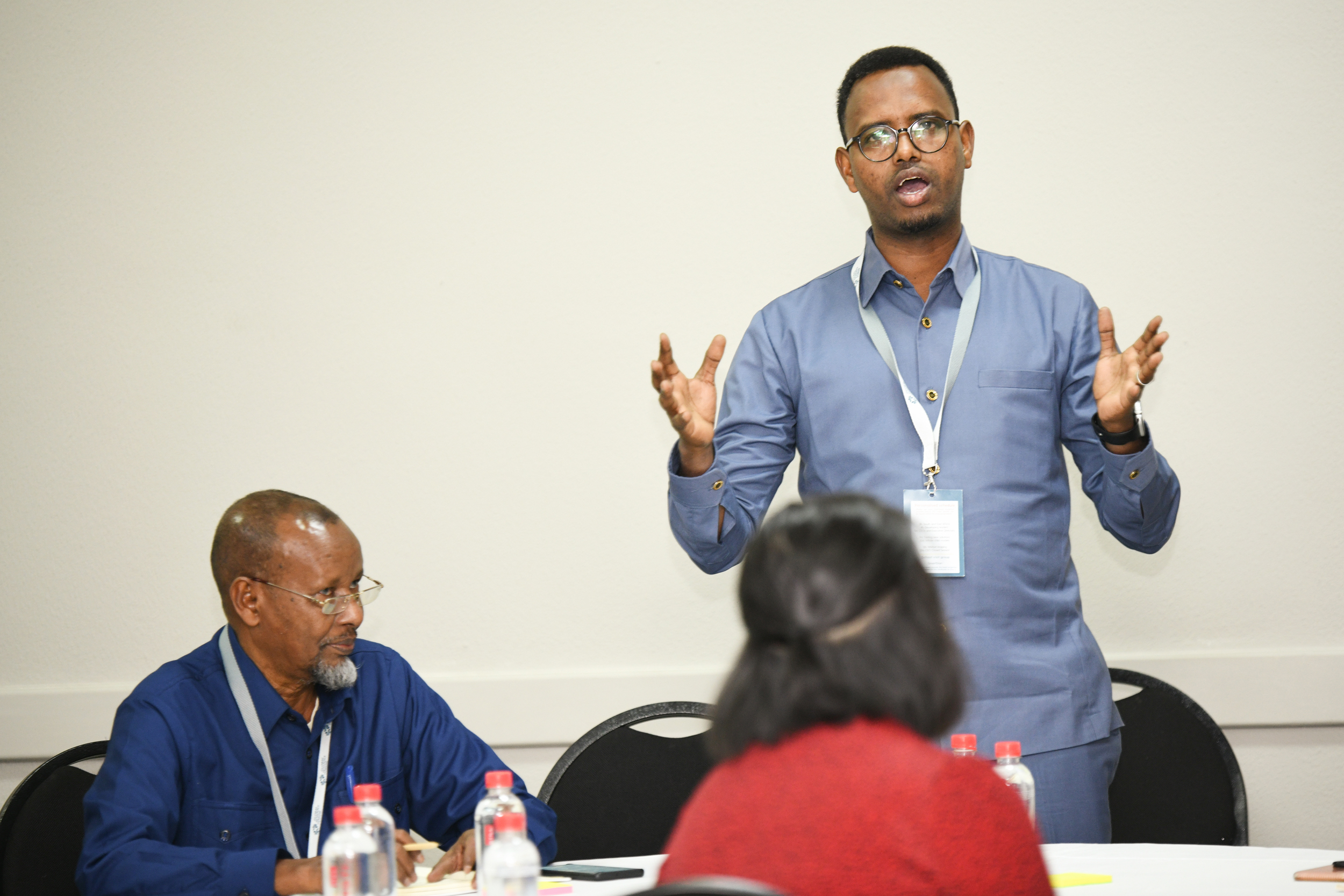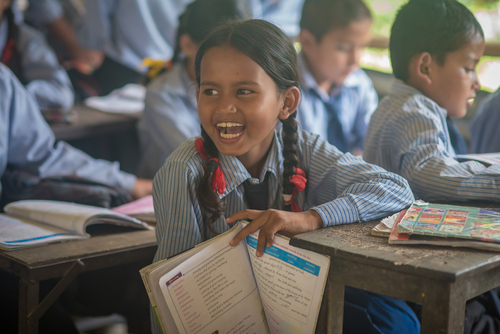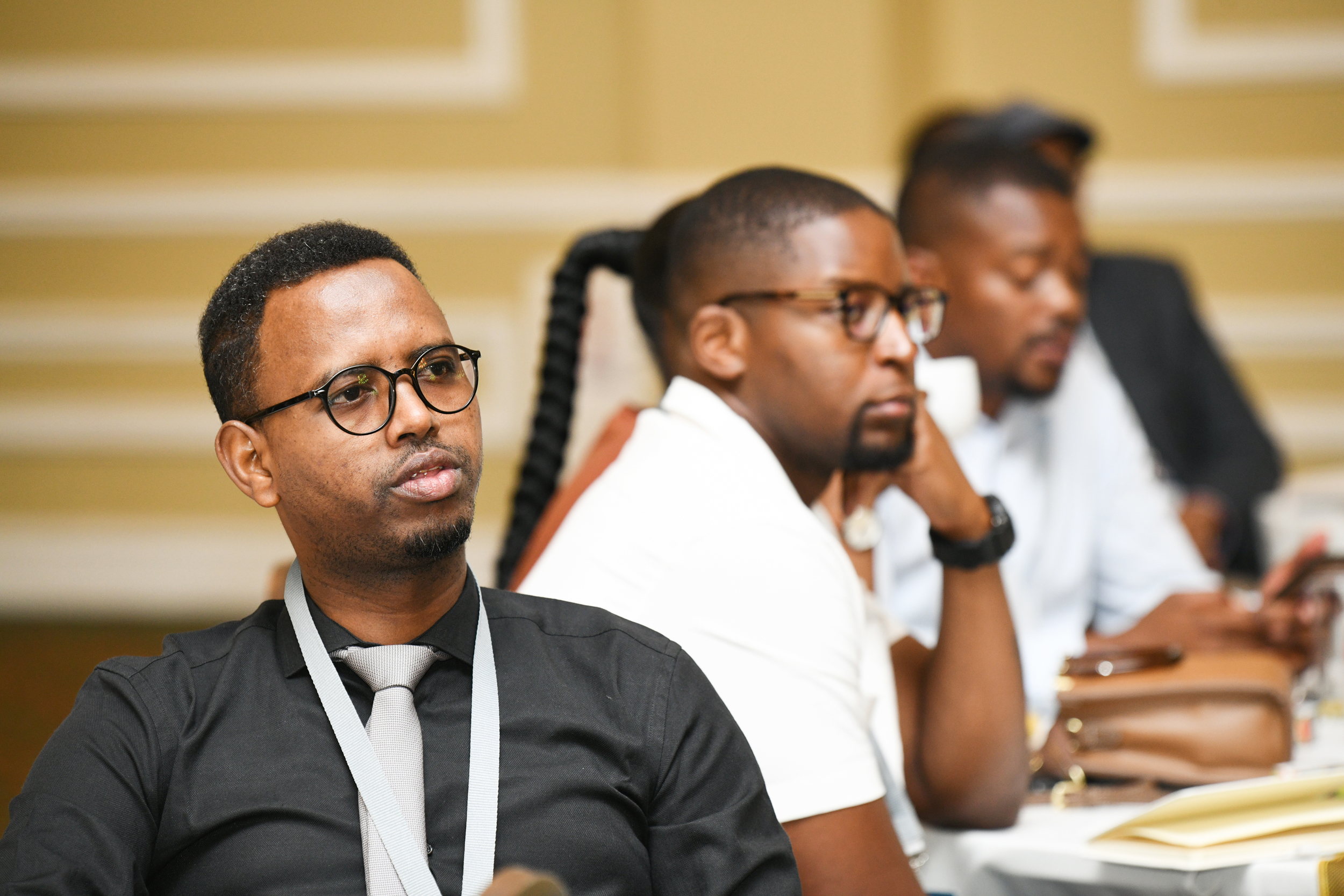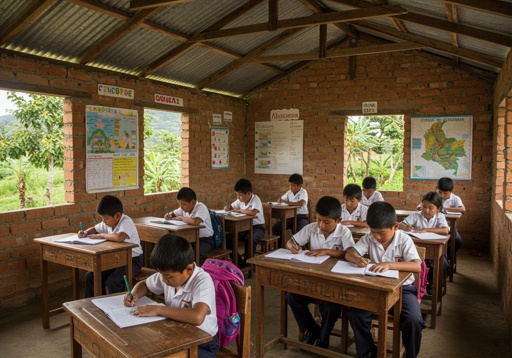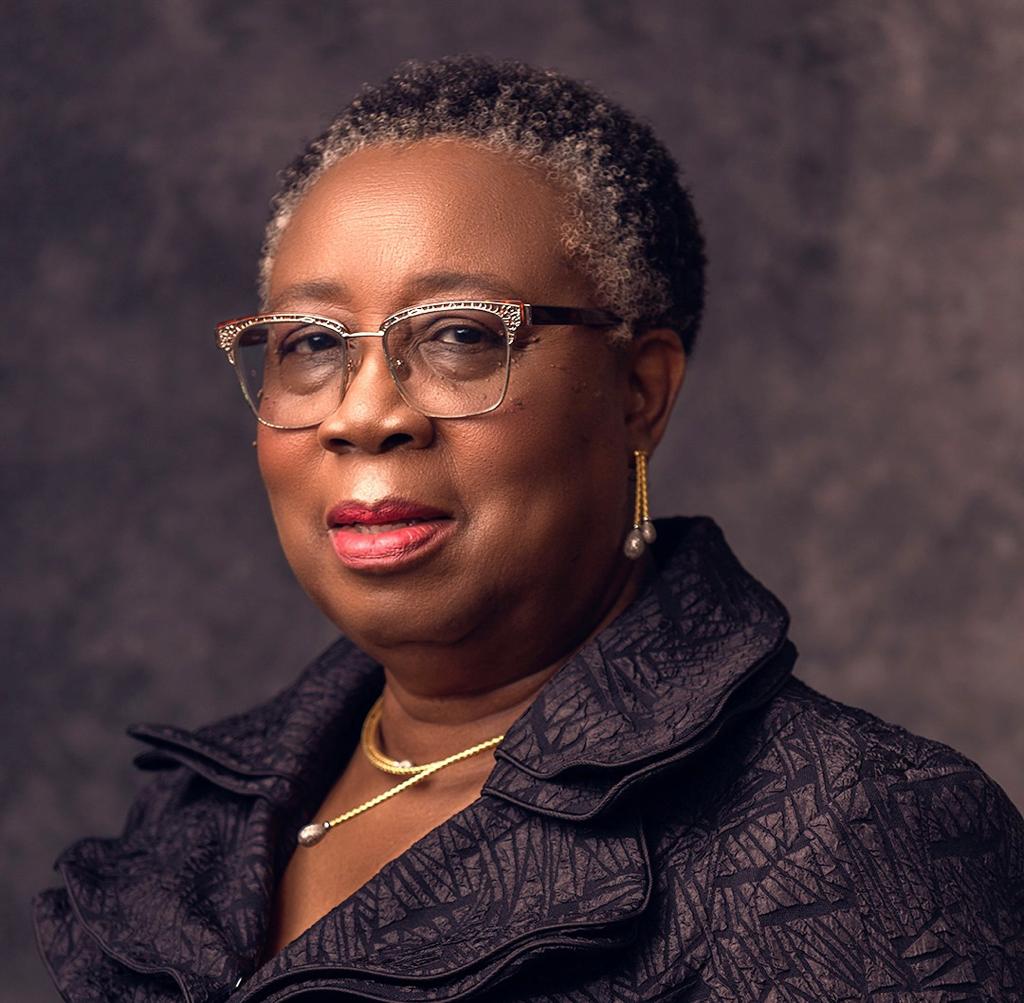
All Hands on Deck for SDG 4
All Hands on Deck for SDG 4 supports education stakeholders to collaborate and engage with each other more effectively. Achieving SDG 4 demands greater collaboration amongst all education stakeholders. The All Hands on Deck for SDG 4 initiative has been developed to strengthen education systems and foster better collaboration across diverse education stakeholders.
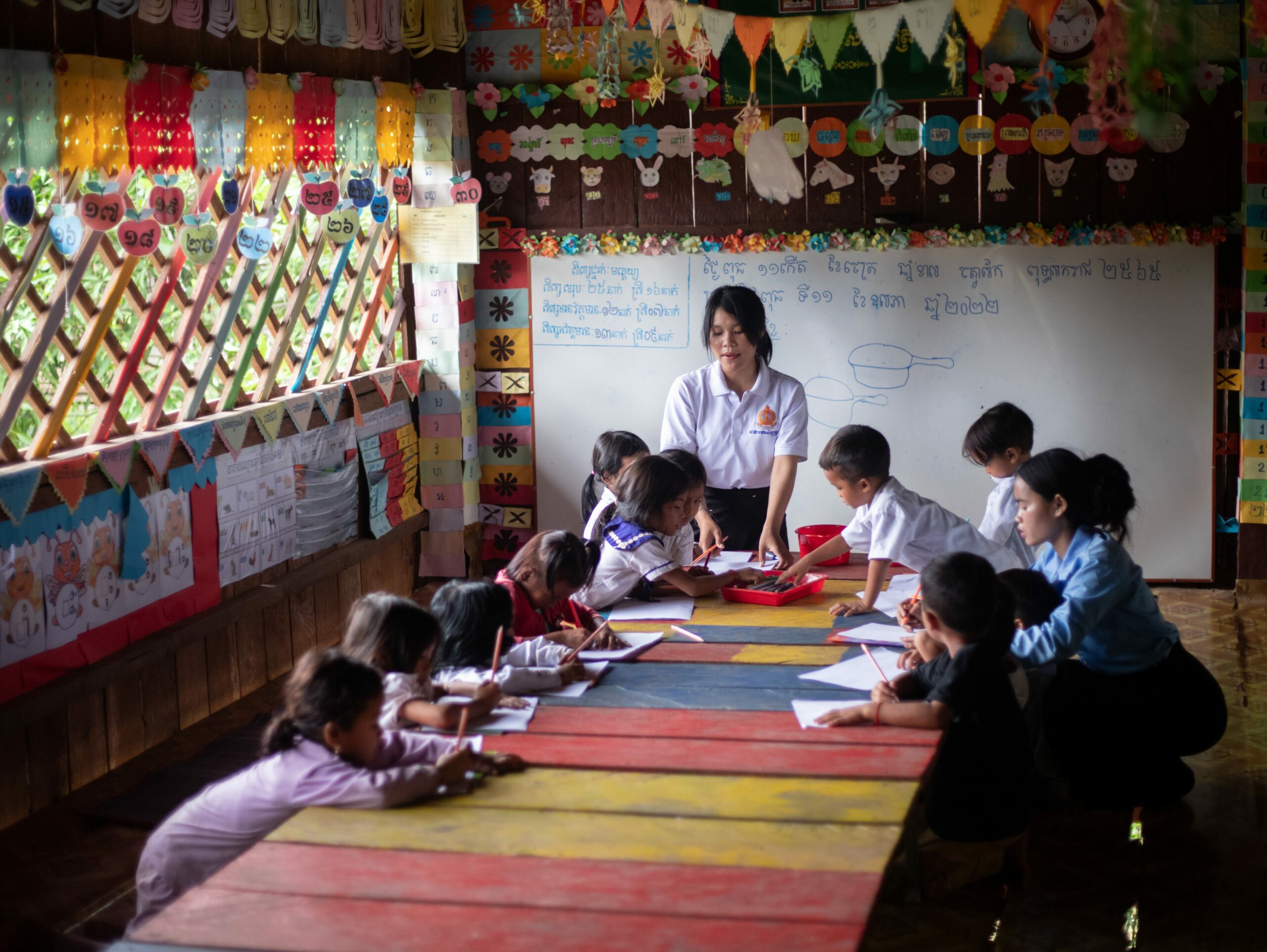
Government and Non-State Partnerships Evidence Hub
The Evidence Hub is a consolidated repository of tools and resources focused on innovative partnerships between non-state actors and governments.




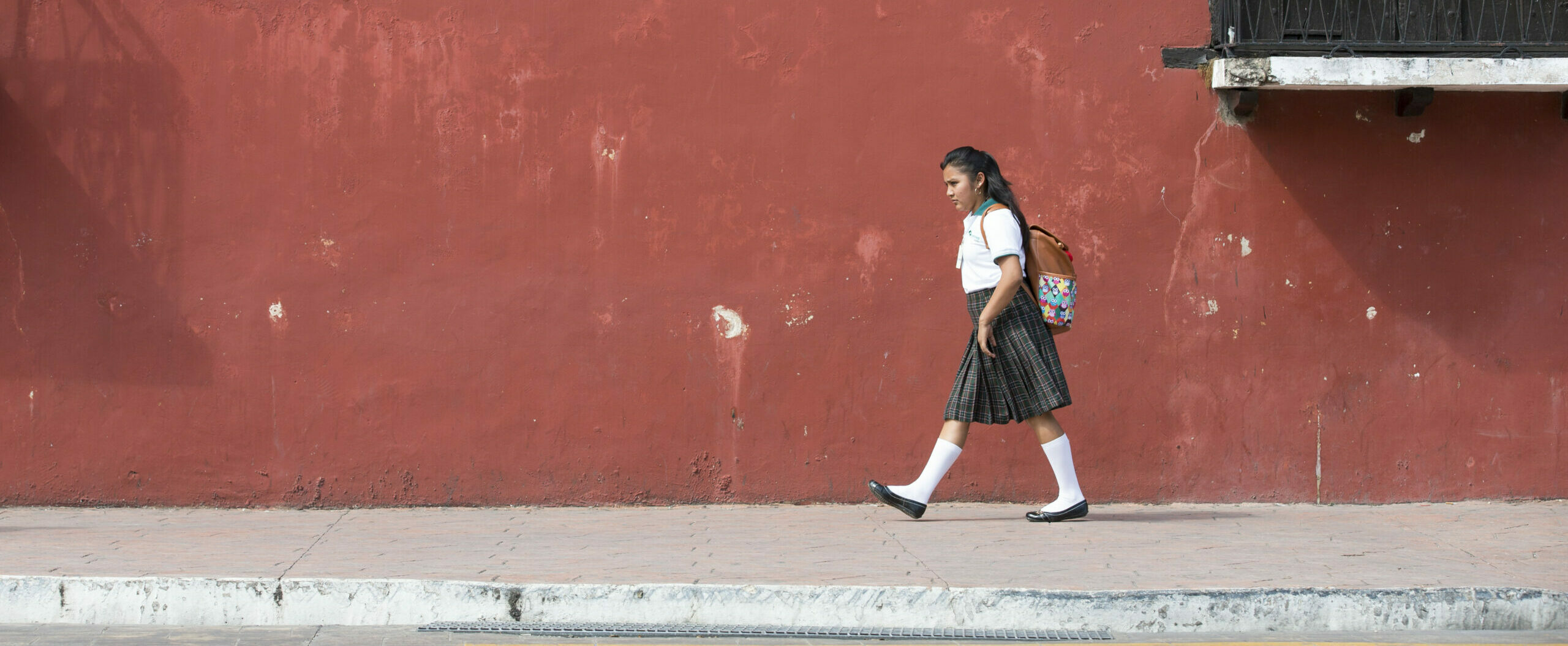

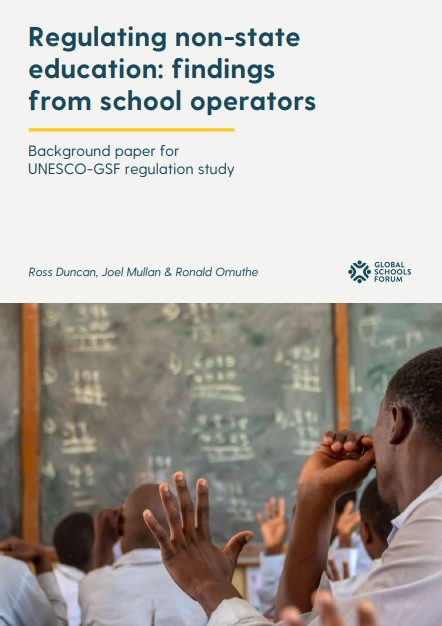

 Share on X
Share on X
 Share on LinkedIn
Share on LinkedIn
 Share via Email
Share via Email


